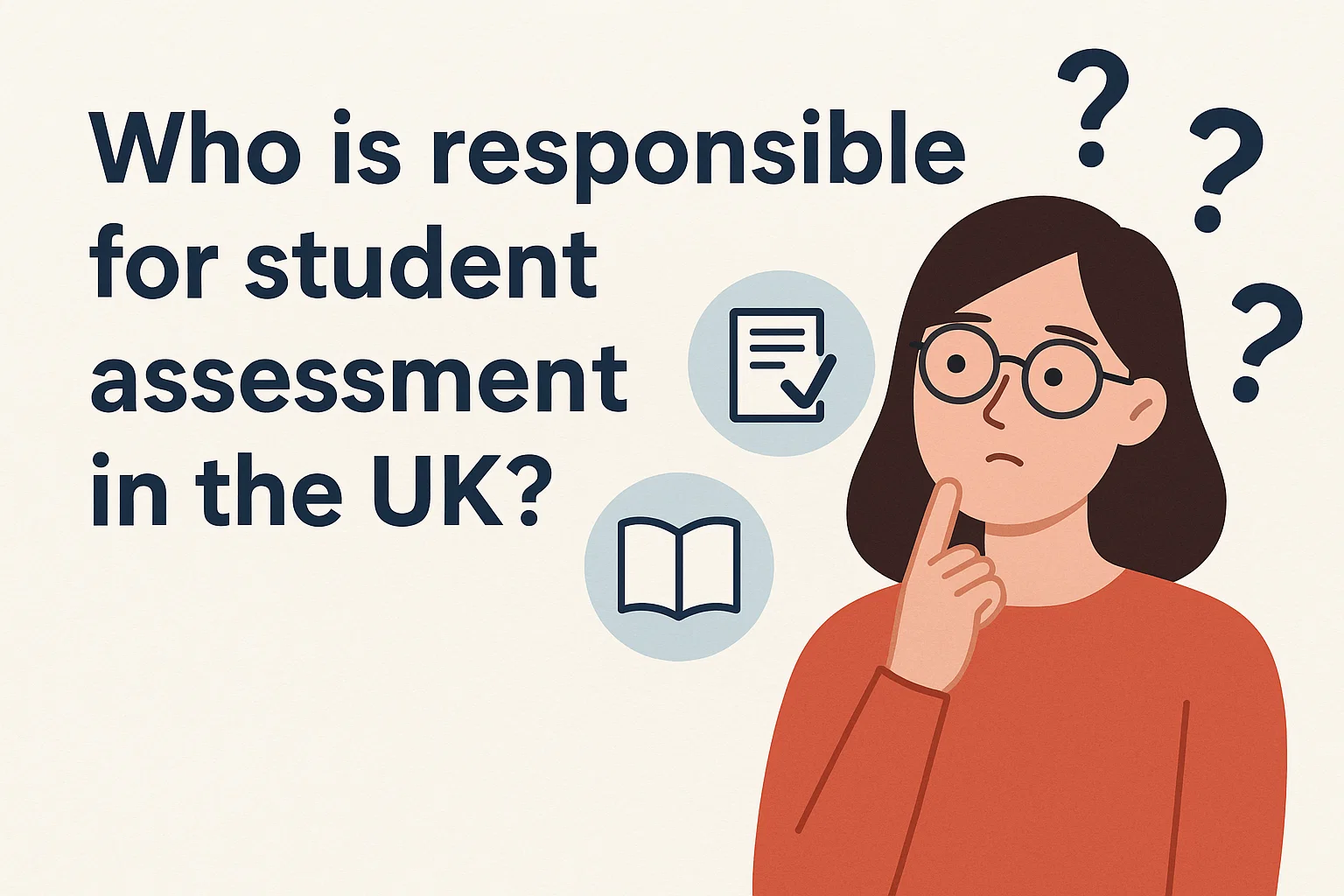In an increasingly interconnected global economy, businesses and industries often extend their reach beyond domestic boundaries to recruit talent from across the globe. Foreign workers, bringing unique skills and cultural perspectives, can enrich the workforce and strengthen an organization’s competitive edge. However, hiring foreign workers entails a complex legal process, one critical aspect of which is the requirement for US certificate attestation. This procedure is essential for validating foreign credentials, ensuring legal compliance, and safeguarding the integrity of an organization.
In this article, we explore why employers require US certificate attestation for foreign workers, delving into the legal, professional, and security concerns that make this process indispensable in today’s global job market.
Understanding Certificate Attestation
At its core, certificate attestation is the formal process of verifying the authenticity of documents issued in one country for use in another. For foreign workers coming to the US, their educational degrees, professional certifications, marriage licenses (if applicable), and other essential documents must undergo attestation to ensure their legitimacy. The process typically involves multiple layers of verification, including confirmation from the issuing institution, local authorities in the foreign worker’s home country, and finally, authentication by the relevant US authorities.
The attestation process serves as a bridge of trust between countries and institutions. Without this validation, employers would have no formal mechanism to verify the authenticity of a worker’s qualifications, creating significant legal and professional risks.
Legal Compliance and Immigration Requirements
One of the foremost reasons why employers in the US require certificate attestation is to comply with immigration regulations. When hiring foreign workers, businesses must adhere to strict laws to ensure that the worker’s qualifications and credentials meet US standards. The United States Citizenship and Immigration Services (USCIS) and the Department of Labor (DOL) often require attested documents to process work visas, such as H-1B, L-1, and others.
In addition to educational credentials, foreign workers may also need to provide attested birth certificates, marriage certificates, or police clearance certificates. Failure to provide these documents with proper attestation can result in delays in visa approvals or, in some cases, outright denial. By ensuring that certificates are properly attested, employers avoid the risks of hiring unqualified individuals and can meet the stringent demands of US immigration authorities.
Ensuring Professional Qualification and Competency
For employers, especially those in industries requiring highly specialized skills such as healthcare, engineering, or information technology, certificate attestation helps ensure that foreign workers possess the necessary qualifications and competency to perform their roles effectively. Unverified credentials pose a significant risk, as they could result in the hiring of workers who do not meet the technical or professional standards required in the US.
For example, in the healthcare industry, foreign doctors, nurses, and other medical professionals must meet specific standards to ensure the safety and well-being of patients. Educational certificates, professional licenses, and other qualifications must be authenticated through attestation to demonstrate that these professionals have the necessary skills and knowledge. Without attestation, there would be no guarantee that a foreign worker’s credentials are genuine or meet the rigorous requirements of US regulatory bodies, such as the American Medical Association or other professional boards.
By requiring certificate attestation, employers can confidently hire foreign workers, knowing that their qualifications have been thoroughly vetted and are equivalent to US standards.
Mitigating Fraud and Protecting Organizational Integrity
In today’s world, document fraud is a growing concern. The rise of sophisticated technologies has made it easier for individuals to forge or falsify certificates and credentials. Hiring a foreign worker with fake or manipulated documents can have serious consequences, ranging from legal liability to damage to a company’s reputation.
Employers use certificate attestation as a safeguard against such risks. Attestation provides a multi-layered verification process, ensuring that documents are legitimate and issued by recognized institutions. By requiring this process, companies protect themselves from fraud and maintain their integrity. In industries where trust is a critical asset, such as finance, healthcare, or legal services, the need to verify the authenticity of foreign workers’ qualifications becomes even more pronounced.
Moreover, fraudulent hiring can lead to significant financial losses. Training unqualified personnel or managing the fallout from hiring someone with fraudulent credentials can result in costly legal battles, reputational damage, and a drop in employee morale. Attestation, therefore, serves as a proactive measure to prevent such risks and ensures that the foreign workforce contributes positively to the organization’s success.
Ensuring Equivalence of Foreign Qualifications
Educational and professional standards differ greatly from one country to another. What may be considered a sufficient qualification in one country may not meet the standards required in the US. Attestation helps bridge this gap by providing a mechanism for assessing the equivalence of foreign qualifications.
The attestation process involves not only verifying the authenticity of a document but also confirming that the foreign worker’s qualifications align with US academic or professional standards. This is particularly important in sectors such as education, healthcare, and engineering, where certification and training requirements vary significantly across countries.
Employers in these fields rely on attested documents to ensure that the foreign workers they hire possess skills and knowledge that are on par with their US counterparts. This process of equivalence ensures that the organization maintains a high standard of performance and complies with industry-specific regulations and requirements.
Navigating Cultural and Language Differences
Certificate attestation also addresses cultural and language differences that can complicate the hiring process for foreign workers. Documents issued in foreign languages need to be translated and authenticated to be accepted by US authorities. Attestation services often include certified translations of these documents, ensuring that they are properly understood by US employers and immigration officials.
For example, a degree certificate from a foreign institution might be issued in a language that is not commonly spoken in the US. Without proper attestation and translation, the employer cannot verify the document’s content or its authenticity. The attestation process ensures that these documents are appropriately handled, translated, and validated, providing employers with the confidence that they are reviewing accurate and reliable information.
This is especially crucial in multinational organizations where employees from different cultural and linguistic backgrounds need to collaborate. The attestation process helps standardize credentials, ensuring that all workers, regardless of their origin, meet the same level of qualification and competency.
Building Trust and Global Reputation
For employers, building a trustworthy and reputable workforce is not only a matter of compliance but also a strategic advantage. Multinational companies, in particular, operate in a highly competitive global market where reputation and trust are paramount. Hiring foreign workers with attested qualifications signals to stakeholders—whether clients, partners, or regulatory bodies—that the company values transparency, diligence, and professionalism.
Moreover, companies that establish a robust framework for certificate attestation are better positioned to attract top talent from around the world. By ensuring that their foreign workers are thoroughly vetted and qualified, these employers create an environment of trust, professionalism, and respect. This can be particularly important when negotiating contracts, partnerships, or regulatory approvals in international markets.
Conclusion
The requirement for US certificate attestation for foreign workers is a necessary and valuable process that benefits both employers and employees. By verifying the authenticity and equivalence of foreign qualifications, employers ensure legal compliance, mitigate fraud, and maintain high standards of professional competency. Attestation also facilitates the smooth integration of foreign workers into the US workforce by addressing cultural and linguistic differences.
For foreign workers, having their certificates attested is an essential step toward pursuing employment opportunities in the US. It validates their qualifications and assures employers that they meet the required standards. In an era of globalization, where talent knows no borders, certificate attestation plays a pivotal role in fostering trust, credibility, and seamless collaboration across the global workforce.
Employers who prioritize certificate attestation demonstrate their commitment to building a qualified, trustworthy, and diverse workforce, ensuring both short-term success and long-term sustainability in an ever-changing global market.











Leave a Reply